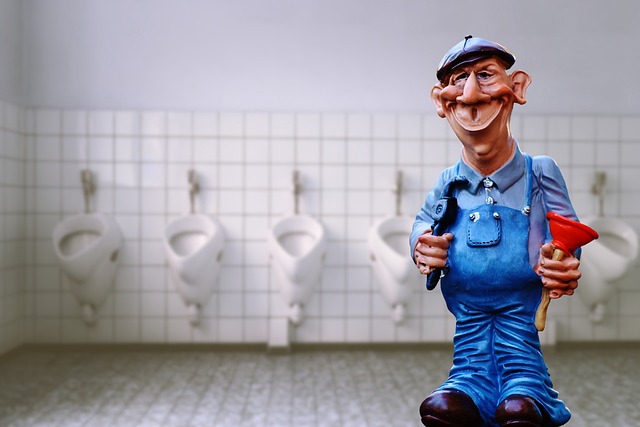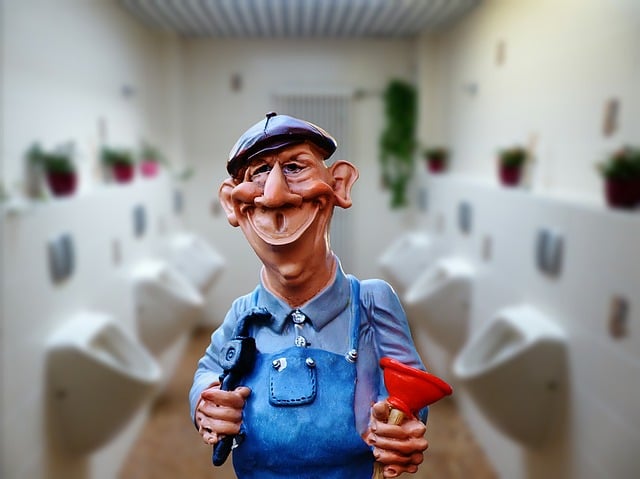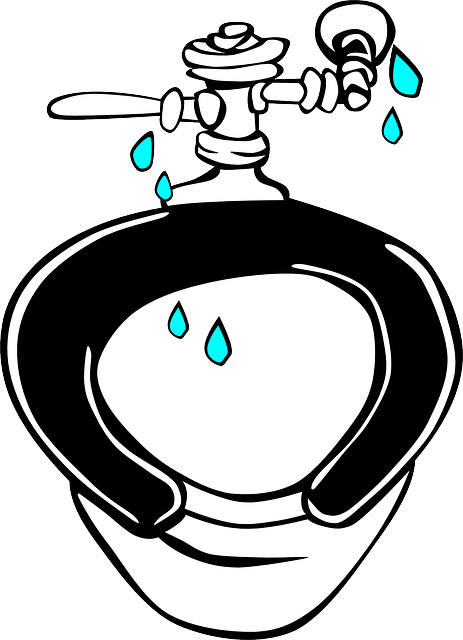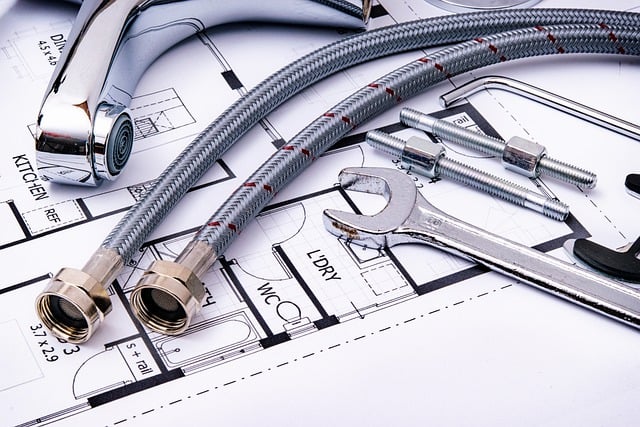Upgrading plumbing systems is a strategic move towards water conservation and efficiency, crucial in today's world. Homeowners should hire licensed, experienced plumbers who specialize in modern solutions like low-flow fixtures and advanced pressure regulation systems. These professionals can assess specific needs, offer tailored advice, implement upgrades with minimal disruption, and help reduce water bills and energy consumption.
- Understanding Plumbing Upgrades and Their Benefits
- Key Areas for Improvement: Water Efficiency and Conservation
- Choosing the Right Plumber for Your Upgrade Project
Understanding Plumbing Upgrades and Their Benefits

Upgrading your plumbing system isn’t just about fixing leaks; it’s a strategic move towards enhancing efficiency and conserving water, two critical aspects in today’s world. A plumber is often the key figure in this transformation, as they possess the expertise to identify areas for improvement and implement modern solutions. These upgrades can range from simple fixture replacements to complex system overhauls, each designed to reduce wastage and optimize water usage.
By embracing these changes, homeowners not only contribute to environmental sustainability but also enjoy the benefits of lower water bills and reduced energy consumption. Plumbers play a vital role in guiding folks through this process, offering tailored advice based on individual needs and current plumbing infrastructure. From low-flow fixtures to advanced pressure regulation systems, there’s a wide array of options that can make a significant difference in both domestic and commercial settings.
Key Areas for Improvement: Water Efficiency and Conservation

When it comes to water efficiency and conservation, there are several key areas that a plumber can help you improve upon in your home or business. One of the most significant areas is fixture upgrading. Older fixtures often have poor flow rates and inefficient designs, leading to unnecessary water wastage. By replacing these with modern, WaterSense-certified fixtures, you can significantly reduce water consumption without compromising on performance.
Another critical aspect is pipe insulation. Insulating pipes, especially in colder climates, prevents heat loss and reduces the need for hot water heating. This simple upgrade not only conserves water but also lowers energy bills. Additionally, installing low-flow aerators on faucets and showerheads can further enhance efficiency by reducing water usage while maintaining pressure. Plumbers can guide you through these options, ensuring that your plumbing system becomes more sustainable and cost-effective.
Choosing the Right Plumber for Your Upgrade Project

Choosing the right plumber is a crucial step in any plumbing upgrade project, especially when aiming for efficiency or water conservation. Look for professionals who are not only licensed and insured but also have extensive experience with similar upgrades. Reputable plumbers should stay updated on the latest technology and methods to ensure your system operates at peak performance while saving you money.
Ask for references and check online reviews to gauge their work quality and customer satisfaction levels. A good plumber will assess your unique situation, provide tailored solutions, and offer advice on the most efficient and cost-effective upgrades for your home or business. They should be able to guide you through the process, from planning to installation, ensuring minimal disruption to your daily routine.
Upgrading your plumbing system is a smart move that offers both environmental and financial benefits. By focusing on water efficiency and conservation, you can reduce utility costs and minimize your home’s ecological footprint. Remember, the right plumber is key to successful implementation, ensuring your project runs smoothly and efficiently. Take action today to make your home more sustainable with these practical plumbing upgrades.
